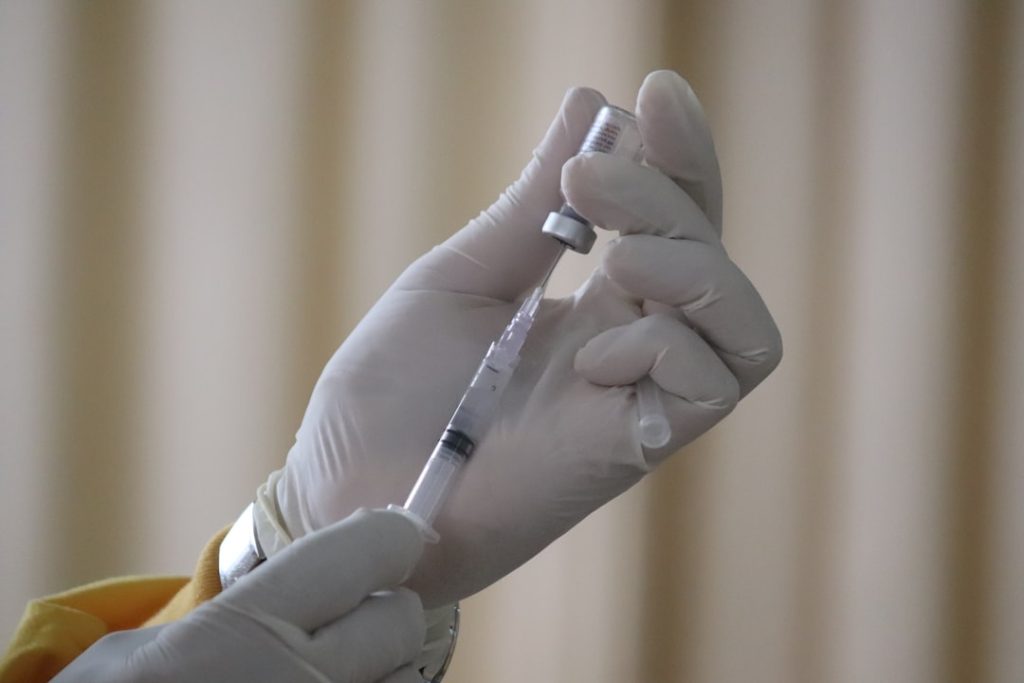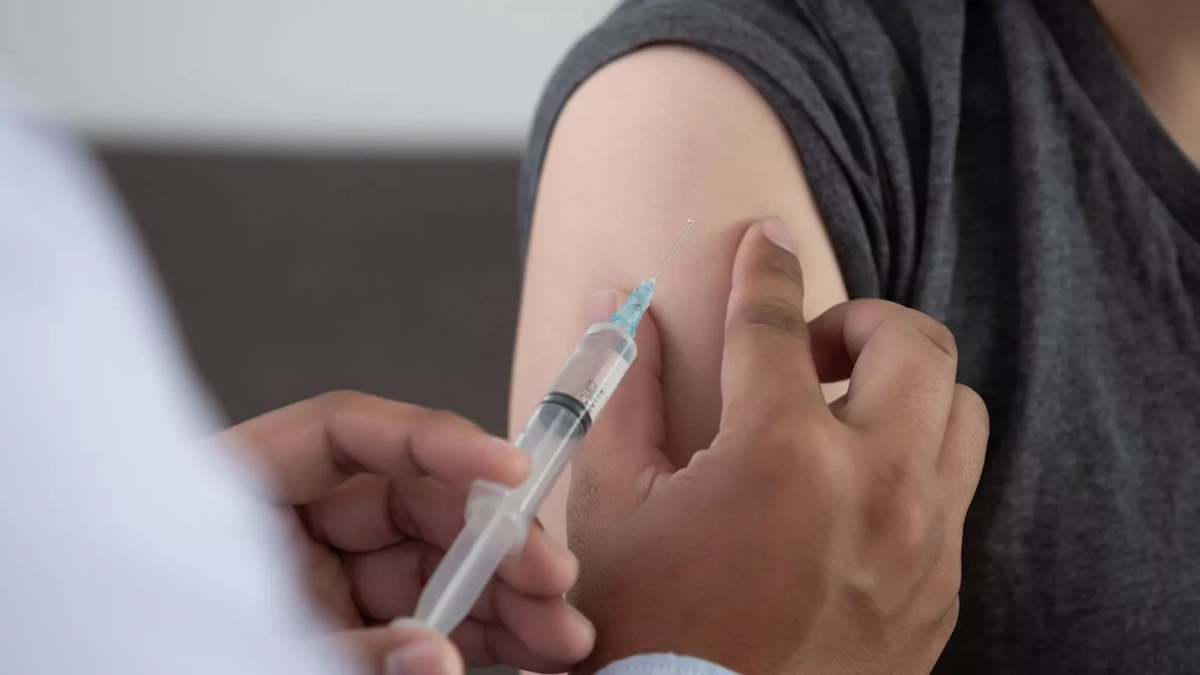England will become the first country in the world to introduce a routine vaccination programme against gonorrhoea, health officials announced on Tuesday—a landmark move aimed at curbing soaring infection rates and the growing threat of antibiotic resistance.
The decision follows a record-breaking surge in gonorrhoea cases, which exceeded 85,000 in 2023, the highest figure since official records began in 1918. The spike has raised serious concerns among public health experts, particularly about strains of the infection that are no longer responding to standard treatments.
The vaccine to be used, 4CMenB, is already part of the routine immunisation schedule for children to protect against meningococcal B disease. However, due to genetic similarities between the bacteria responsible for meningitis and gonorrhoea, research indicates the jab can provide up to 42% protection against gonorrhoea.

Beginning 1 August, eligible individuals will be invited to receive the vaccine at sexual health clinics across England. During the same visit, patients may also be offered immunisations for mpox, HPV, and hepatitis A and B, as part of an integrated approach to sexual health.
“This rollout is a huge step forward,” said Dr Amanda Doyle, National Director for Primary Care and Community Services at NHS England. “It has the potential to not only reduce infections, but also slow the spread of antibiotic-resistant strains, which are becoming an increasing concern.”
Gonorrhoea is currently the second most common bacterial sexually transmitted infection in the UK. It often presents without symptoms but can cause painful urination, genital discharge, and pelvic pain. Due to limited natural immunity, reinfection is common, making prevention through vaccination a vital new tool in the public health arsenal.
Health authorities hope the initiative will lead to a decline in transmission rates and disease severity, particularly as frontline antibiotics like ceftriaxone become less effective against resistant strains of the bacteria.


 Trending
Trending 